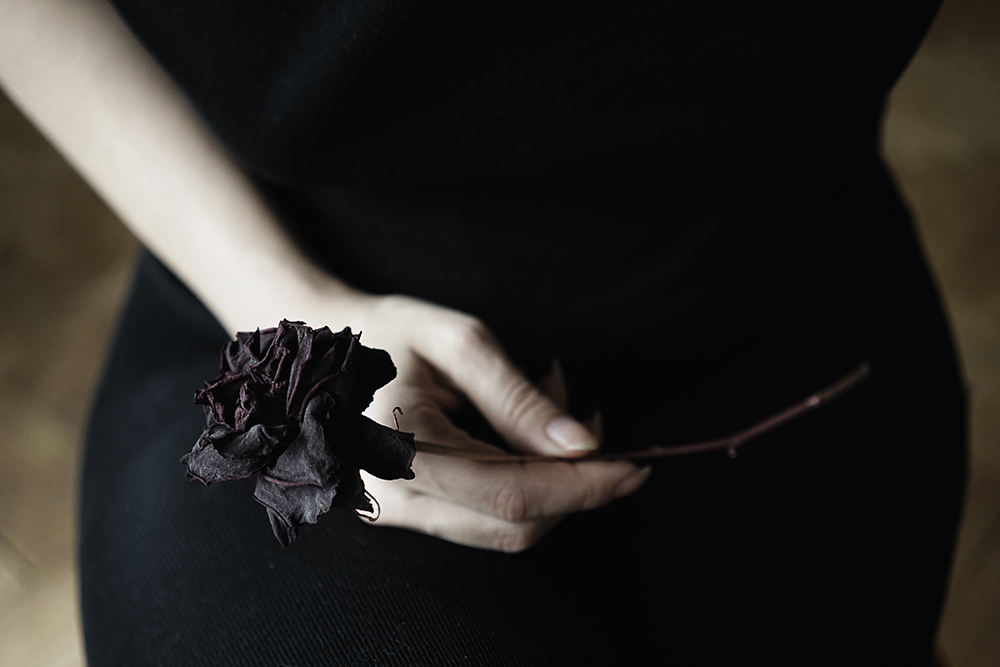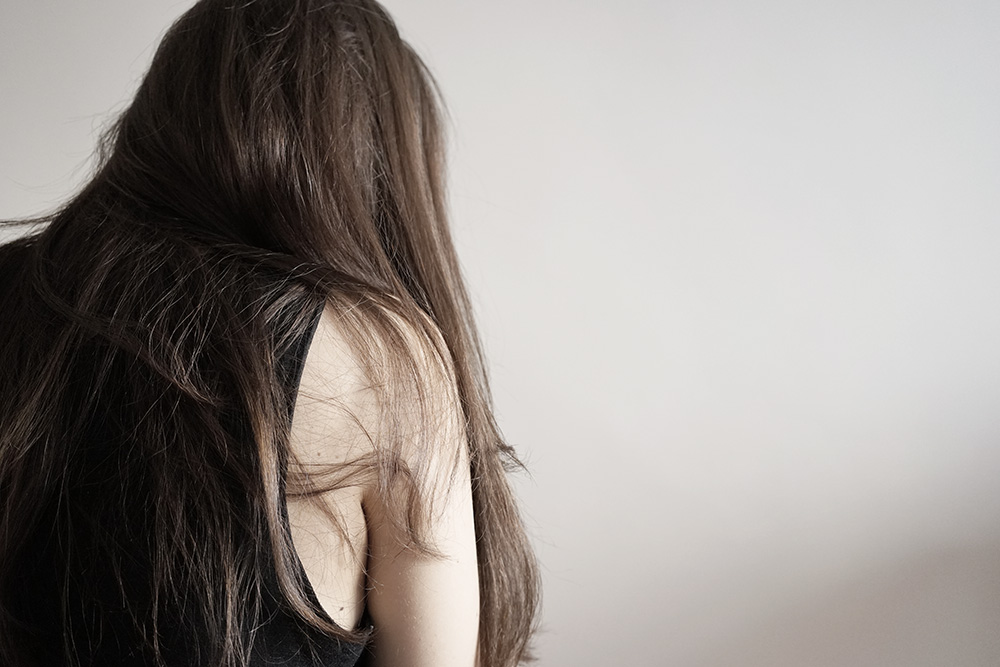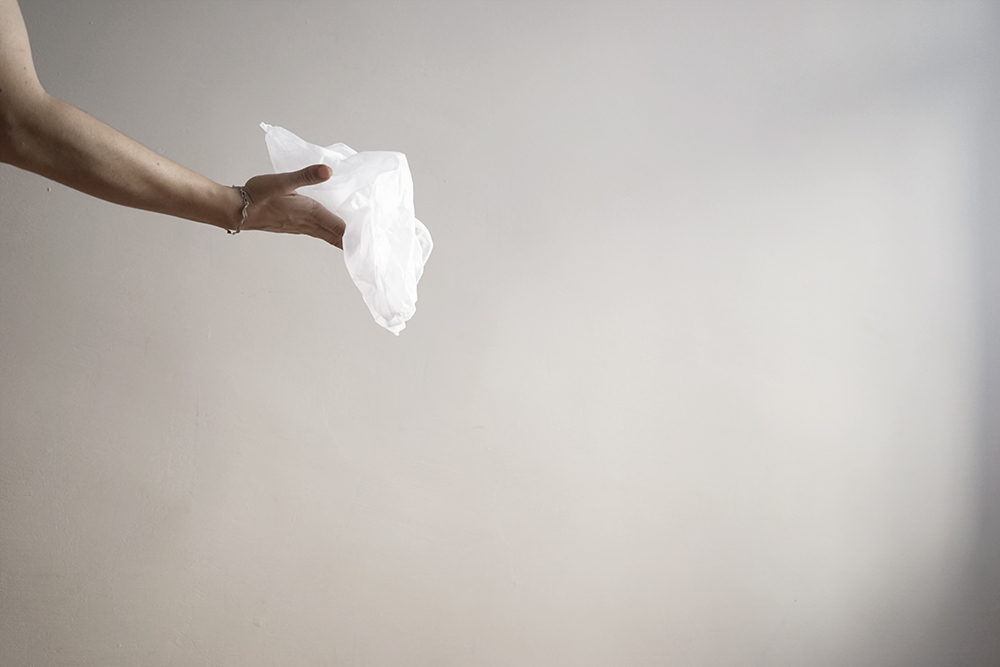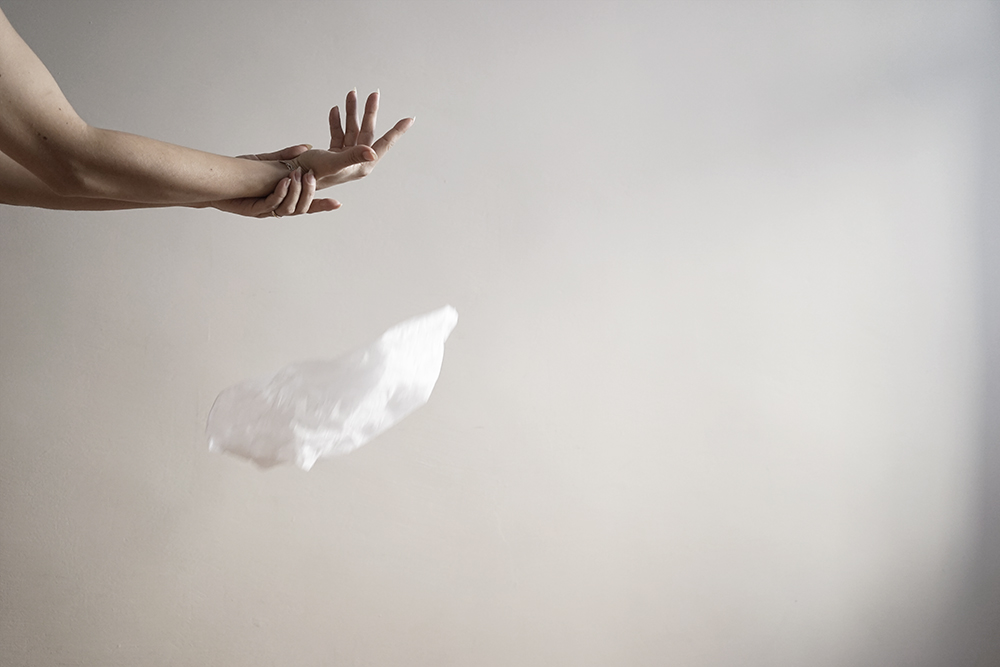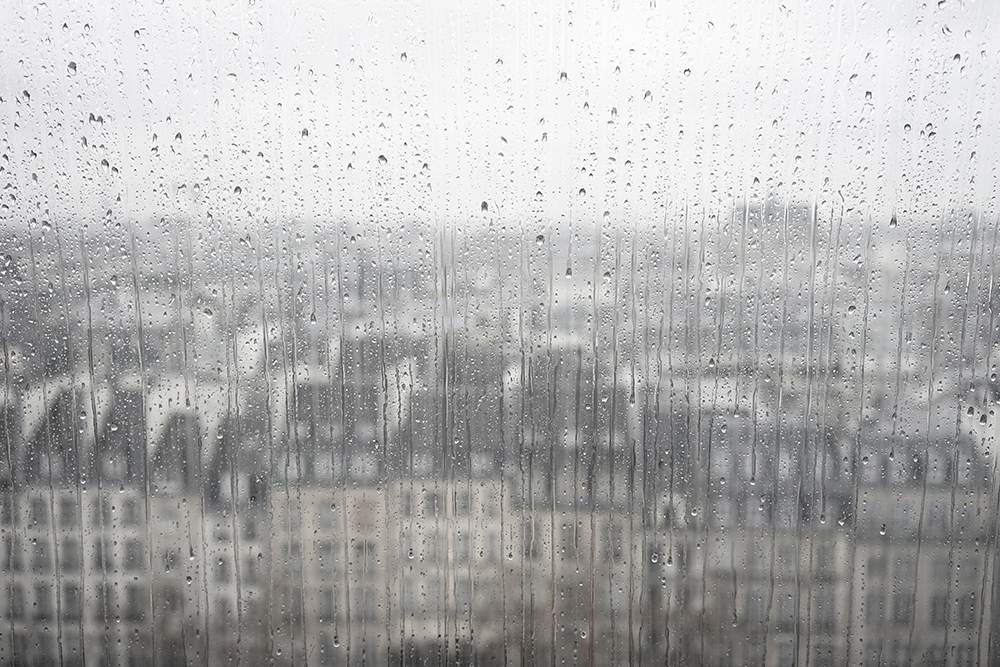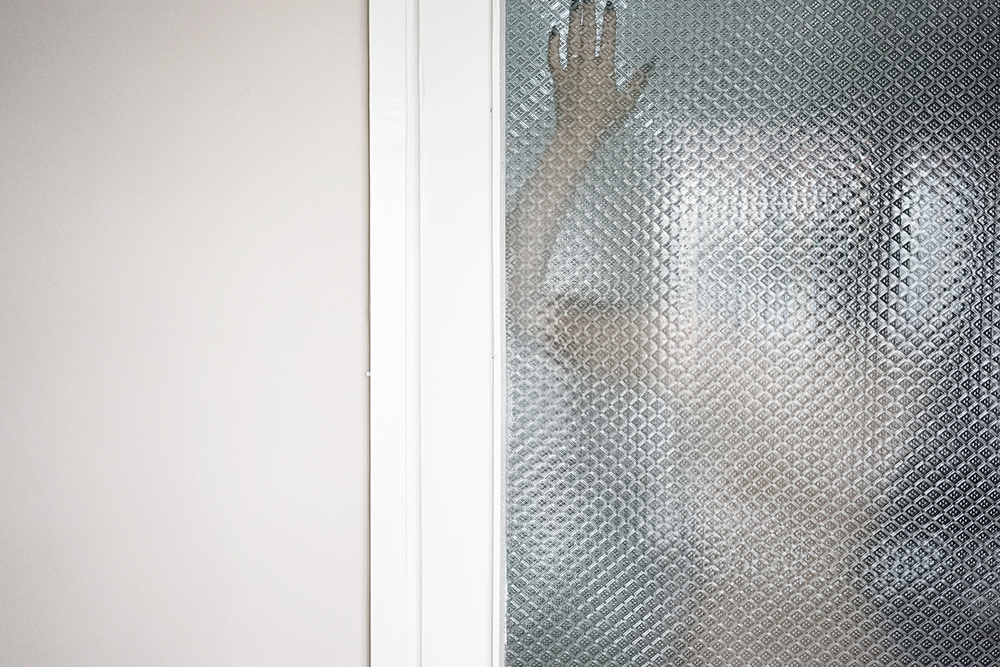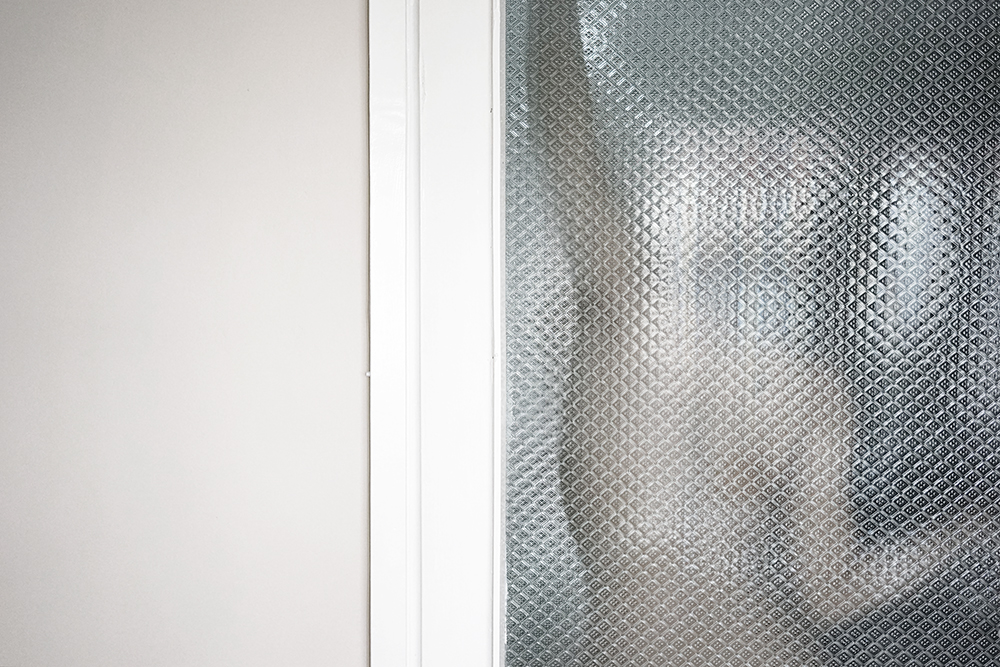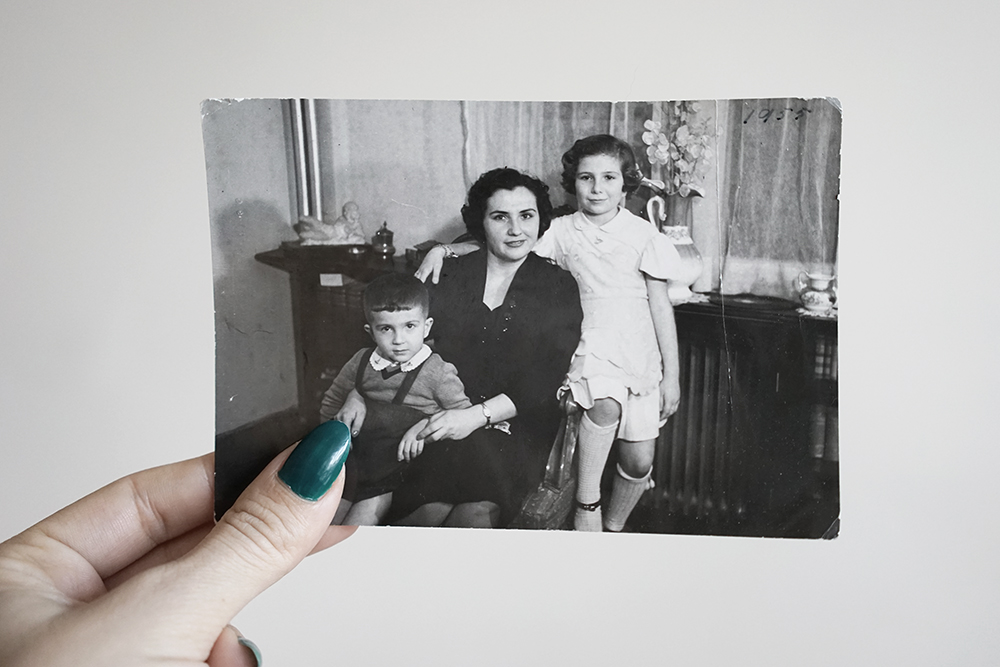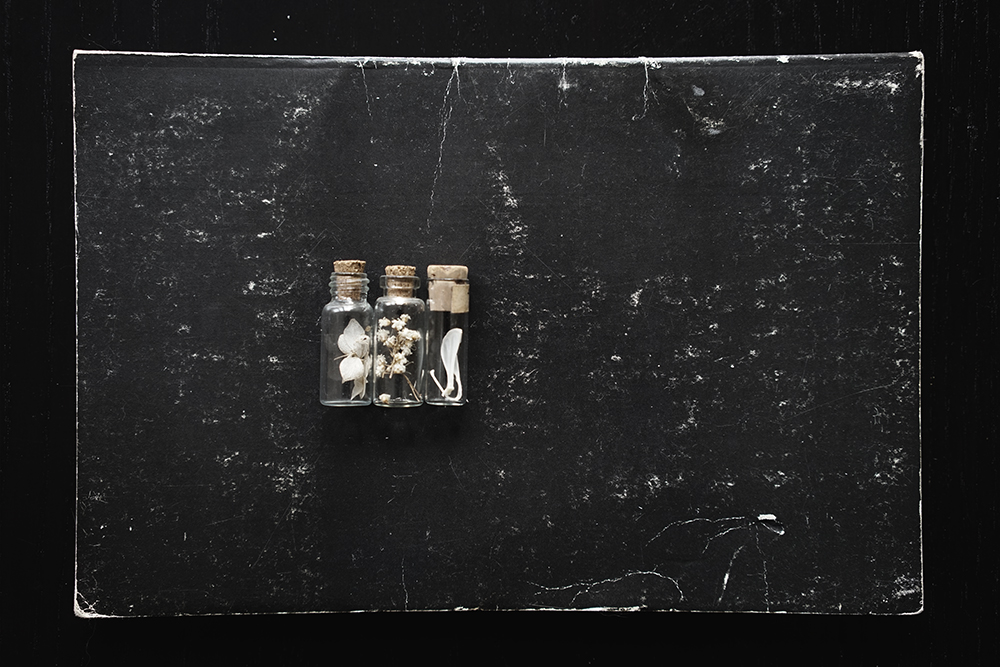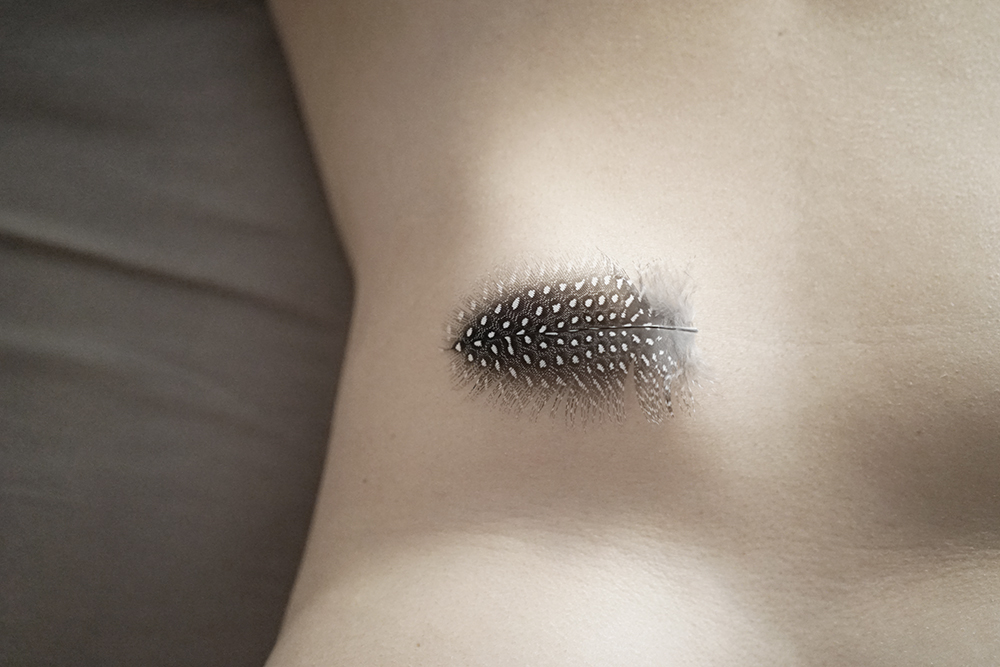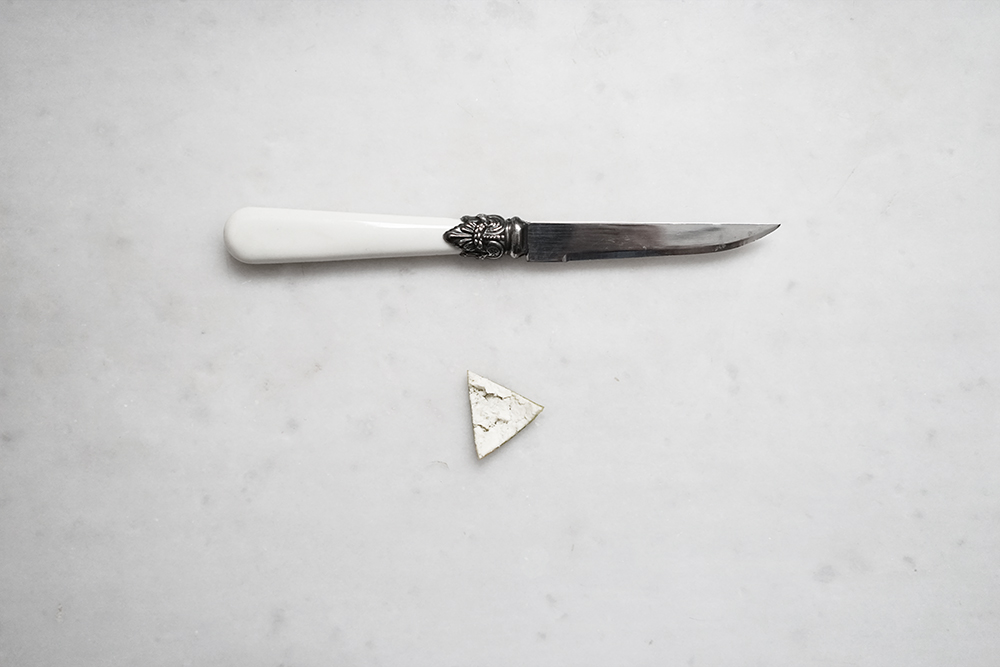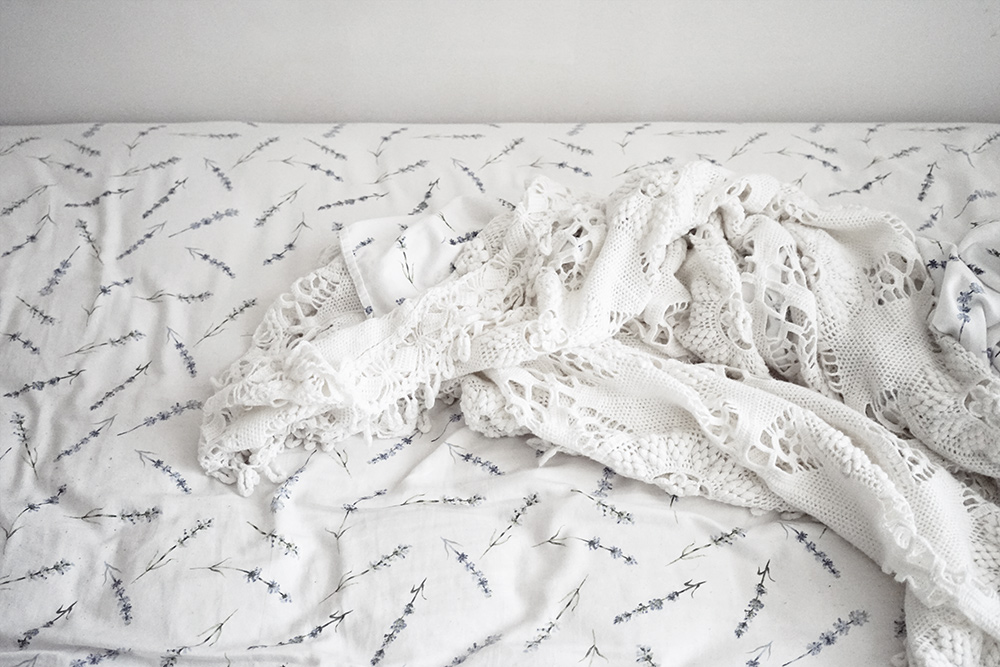the twenty-ninth;
on the day before her birthday, she came home with a large bouquet of flowers. i was mesmerised by the purples and the greens, but her face was sour. she placed the flowers hurriedly and without much care in a mason jar on the kitchen island. she hated who had sent them, she hated what they represented, and no sooner had the sun disappeared she opened the front door and threw them onto the street. the flowers rose and fell. i stood by the window and looked at them in the dark, their colours muted against the pavement.
on the night before her birthday, she left, but not without kissing me repeatedly on the forehead. her lips were quick and effective, and her fragrance lingered on me. she came home much, much later, in the in-between hours. she stumbled in like a row of russian dolls falling on one another. she removed her clothes one piece at a time, leaving a trail behind until she felt furthest removed from the night. she lay on the bathroom tiles, cold porcelain near. there, she clutched a phone against her cheek, alternating between two numbers. there, she fell asleep with the lights on, on the white carpet that had turned grey over the years.

